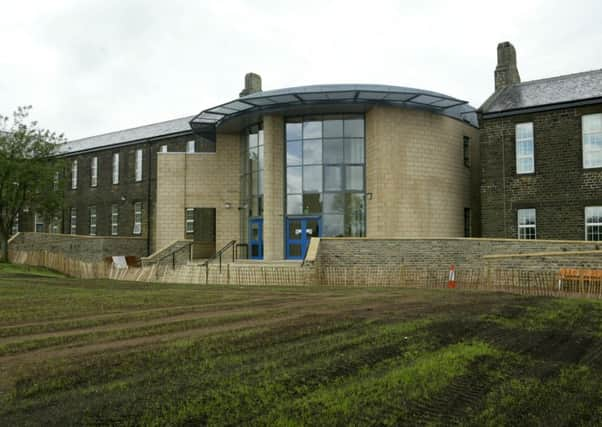School life: Teensleep project with University of Oxford


The students have been wearing wrist devices to track their sleep patterns, as well as keeping a sleep diary, before taking part in a number of sleep lessons to learn about the importance of sleep, the impact of poor sleep on academic achievement and how to improve sleep patterns.
The Teensleep project is the largest study ever assess the effects of sleep education on academic achievement and health.
Advertisement
Hide AdAdvertisement
Hide AdNot only do teenagers have a natural biological predisposition to staying up later, but also the devices they use to communicate and for entertainment may also impact sleep. TV screens, tablets and phones emit light at a level that can delay the body clock, preventing them from falling asleep.
The data collected will be used to refine the programme in preparation for a main trial, which will assess whether sleep education improves academic performance at GCSE.